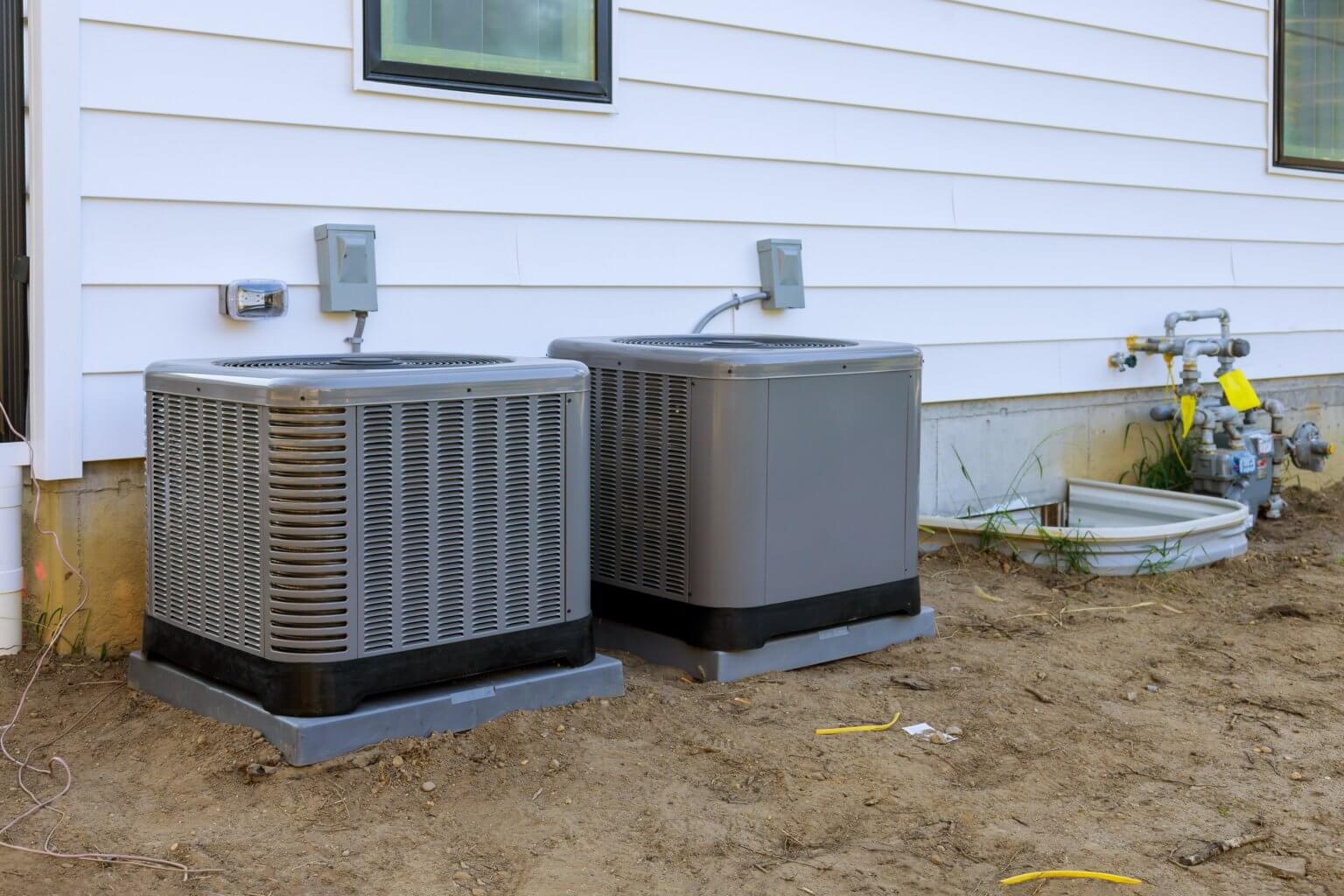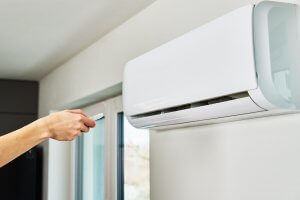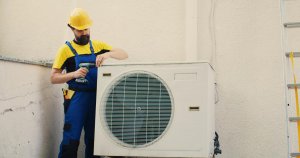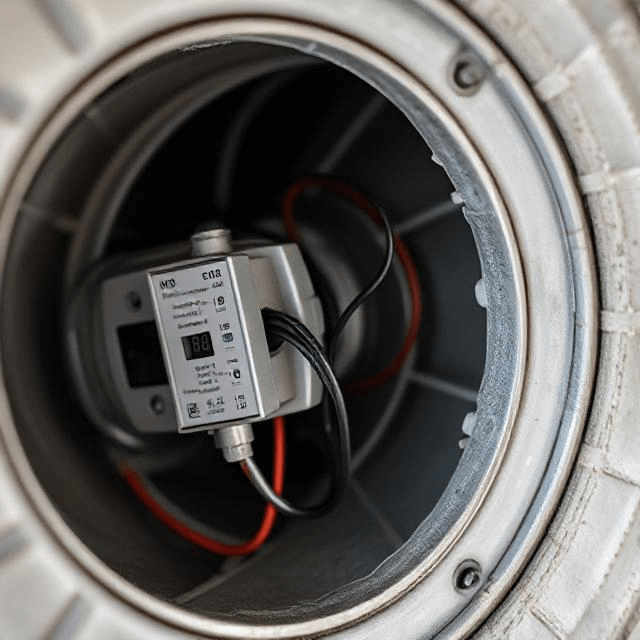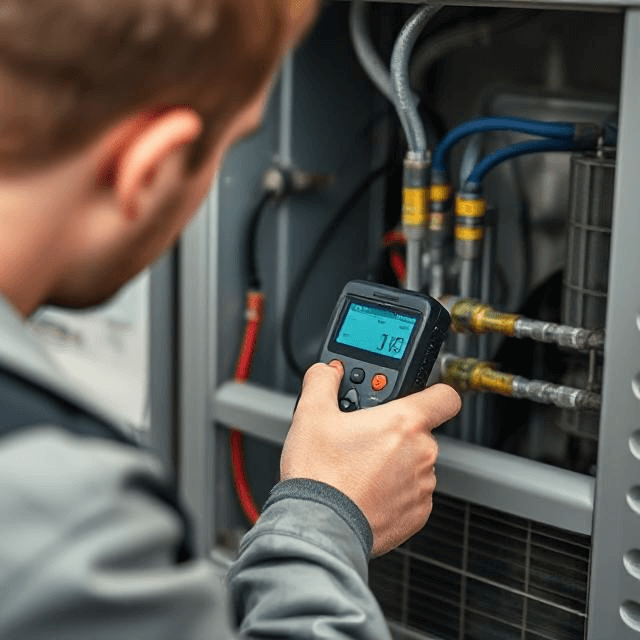Air conditioning isn’t just about the luxury of cool air; it’s about comfort, energy efficiency, and equipment longevity. The right-sized air conditioner strikes a balance between performance and cost. So, if you’re pondering the question, “What size of air conditioner do I need for a 2,000 sq ft house?”, it depends on various factors unique to your home. This isn’t a one-size-fits-all answer, and understanding why can save you money and increase your comfort.
What air conditioner size do I need for a 2,000 sq ft house?
For a 2,000 sq ft house, the size of your air conditioner should ideally be determined by factors like your local climate, home insulation quality, design, and orientation. While rough estimates suggest 4 to 5 tons based on square footage alone, you need an accurate Manual J load calculation for precise sizing.
Oversized units can lead to inefficiencies and comfort issues. To ensure you choose the right AC size for optimal efficiency and comfort, consult a professional AC technician, like those at Season Control HVAC, before purchasing.
Below are some considerations we look at when determining the right size for your air conditioner:
Climate and geographic location
Different regions have unique cooling demands. While a home in Florida might require a robust cooling system, one in Maine might not. The local climate impacts the capacity and efficiency needed.
Insulation and home efficiency
A well-insulated home retains cool air more effectively. The quality of your insulation and the efficiency of your windows, doors, and roofing can influence the AC size you need.
Building design and orientation
The design of your home, from its general layout to the direction it faces, affects how it heats up throughout the day. For instance, homes with more windows facing west require more cooling power in the afternoon.
Manual J and Manual S calculations
For a precise measurement, insist on an ACCA Manual J load calculation. This detailed methodology considers all factors of your home and recommends the right system size. Following this, Manual S aids in selecting the appropriate equipment.
Beware of oversizing your air conditioner
Oversizing is prevalent, leading to short cycling, reduced efficiency, and premature system failure. Notably, a too-large system can lead to poor humidity control, making your home feel damp and uncomfortable.
Rather than guessing, consult with a professional. Our AC technicians at Season Control HVAC are trained to assess all these factors. They’ll ensure you get the right size for your home, guaranteeing efficiency and comfort.
Final thoughts
While a general rule of thumb might suggest specific tonnage for a 2,000 sq ft house, the answer lies in the unique characteristics of your home. From local climate conditions to the very design of your building, several factors determine the optimal AC size. The perfect air conditioner size for a 2,000 sq ft house is tailored to its specific needs.
At Season Control HVAC, we prioritize your comfort and wallet. Don’t leave such an essential decision to guesswork. Let us guide you. Contact us today for a detailed assessment and ensure your home gets the efficient cooling it deserves.
FAQs
For a 2,000 sq ft house, you’d need a 4 to 5-ton unit. However, ensure you consult with an HVAC professional for a precise fit.
Generally, a 2,000-square-foot house requires 4 to 5 tons of AC. This can vary based on specific home conditions, so a professional assessment is advised.
A 3.5-ton air conditioner can cool between 1,400 to 1,750 square feet, though this might extend to larger areas in highly energy-efficient homes.
Yes, 6-ton AC units are available, predominantly for commercial applications. Before making a decision, assessing your cooling requirements with a specialist is recommended.



